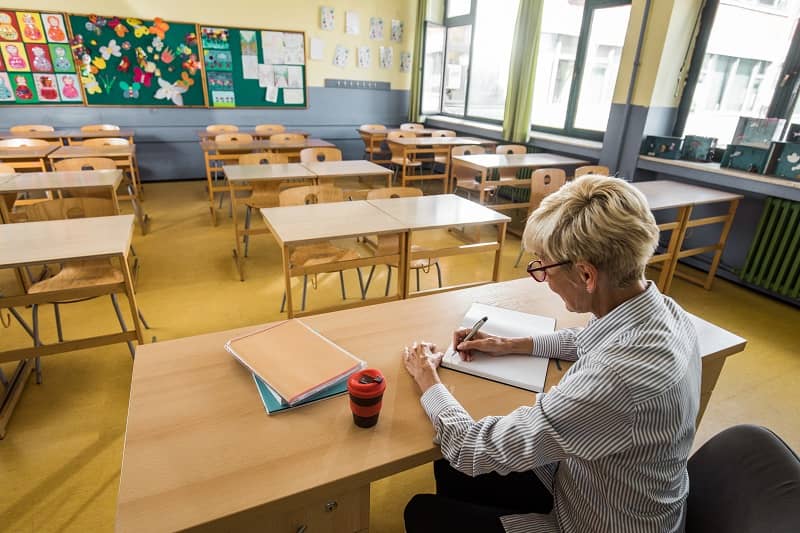By Kathryn Hickok
During the past 18 months, parents have taken a hard look at their children’s schools and considered whether or not their students’ educational needs were being met. This experience has led many families to make different education choices this year besides their assigned district public schools.
Traditional public schools, public charter schools, magnet schools, online learning, private and parochial schools, homeschooling—and now micro schools and pods—are all paths to success for K-12 students. Empowering parents to choose among many options can unlock the unique potential of every child. More than half the states in the U.S. currently give families this power through educational choice programs.
A RealClear Opinion Research poll released in June found that 74% of registered voters now support school choice, defined as “giv[ing] parents the right to use the tax dollars designated for their child’s education to send their child to the public or private school which best serves their needs.” This is a substantial change in public opinion since early 2020.
As Oregon moves forward from the pandemic school closures, policymakers must recognize that each family should be able to find the right fit for their students to learn effectively and safely. All options should be valued, and education policies should promote parents’ ability to choose among them to help their children learn.
Kathryn Hickok is Executive Vice President at Cascade Policy Institute, Oregon’s free market public policy research organization, and Director of Cascade’s Children’s Scholarship Fund-Oregon program. CSF-Oregon has provided private scholarships worth more than $3.5 million to lower-income Oregon children to help them attend tuition-based elementary schools since 1999.












